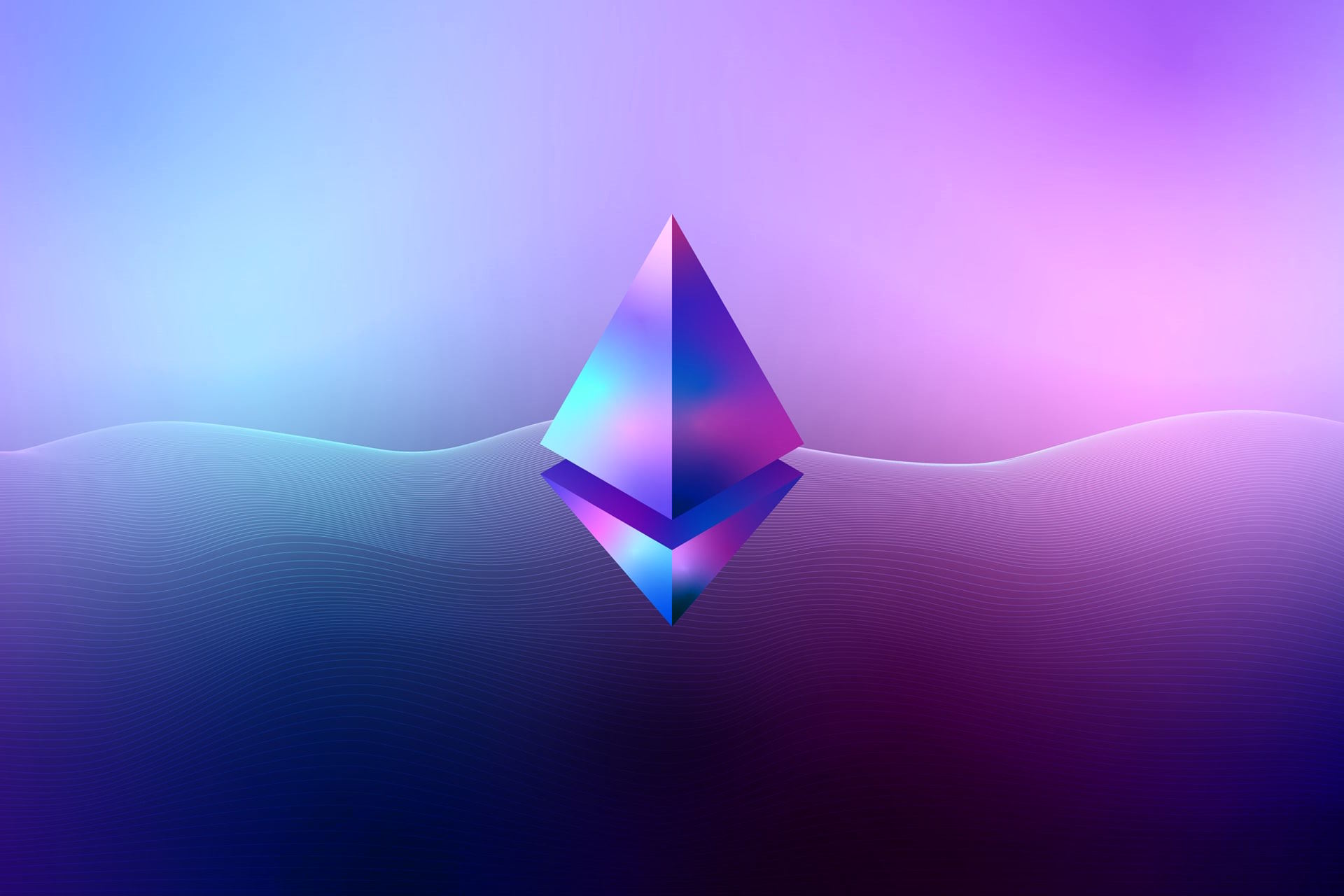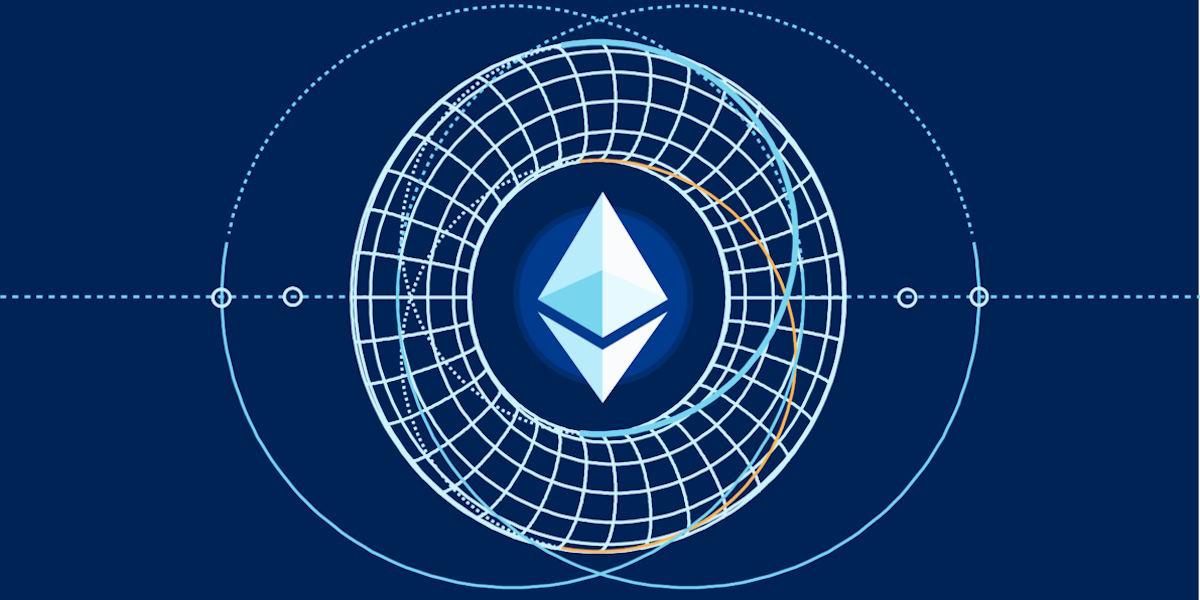Comparing Ethereum Network Performance with Other Blockchains

The landscape of blockchain technology is diverse, with various networks offering different features and performance metrics. Ethereum, Bitcoin, Polkadot, and Cardano are prominent examples, each with unique attributes impacting scalability, costs, and overall performance. Here’s a comparison to highlight how Ethereum stacks up against these other blockchain solutions.
Ethereum vs Bitcoin Scalability
- Ethereum: Known for its smart contract functionality, Ethereum has faced scalability issues due to its consensus mechanism, which relies on proof-of-work (PoW). Ethereum 2.0 aims to address these issues by transitioning to proof-of-stake (PoS), improving transaction throughput, and reducing latency.
- Bitcoin: Primarily a digital currency, Bitcoin also uses PoW, which limits its transaction speed and scalability. Bitcoin’s design prioritizes security and decentralization, but this comes at the cost of slower transaction processing compared to Ethereum’s planned upgrades.
Ethereum Network Costs vs Polkadot and Cardano
- Ethereum: Gas fees on Ethereum can be high, particularly during peak usage periods. The move to Ethereum 2.0 is expected to reduce these costs by improving efficiency through sharding and PoS.
- Polkadot: Designed to facilitate interoperability between different blockchains, Polkadot offers lower transaction costs and faster processing times compared to Ethereum. Its unique architecture allows it to handle multiple chains simultaneously, enhancing scalability.
- Cardano: With a focus on sustainability and scalability, Cardano uses a PoS mechanism that results in lower transaction fees and faster confirmation times. Cardano’s layered architecture separates the settlement layer from the computation layer, contributing to its efficiency.
Ethereum 2.0 vs Legacy Blockchain Solutions
- Ethereum 2.0: This upgrade is set to significantly improve Ethereum’s performance, addressing issues like high gas fees and slow transaction times. The introduction of PoS and sharding will enable Ethereum to support a larger number of transactions per second and enhance overall scalability.
- Legacy Solutions: Traditional blockchain solutions, like Ethereum’s current PoW mechanism, have inherent limitations in terms of scalability and transaction costs. Ethereum 2.0 is expected to overcome these limitations and set a new standard in blockchain performance.
When comparing Ethereum to other blockchains like Bitcoin, Polkadot, and Cardano, Ethereum’s performance, particularly in terms of scalability and costs, is poised for improvement with its transition to Ethereum 2.0. However, alternatives like Polkadot and Cardano offer competitive advantages in transaction costs and scalability, presenting viable options depending on specific use cases and needs. As blockchain technology evolves, the improvements brought by Ethereum 2.0 will be crucial in maintaining Ethereum’s position as a leading blockchain platform.


